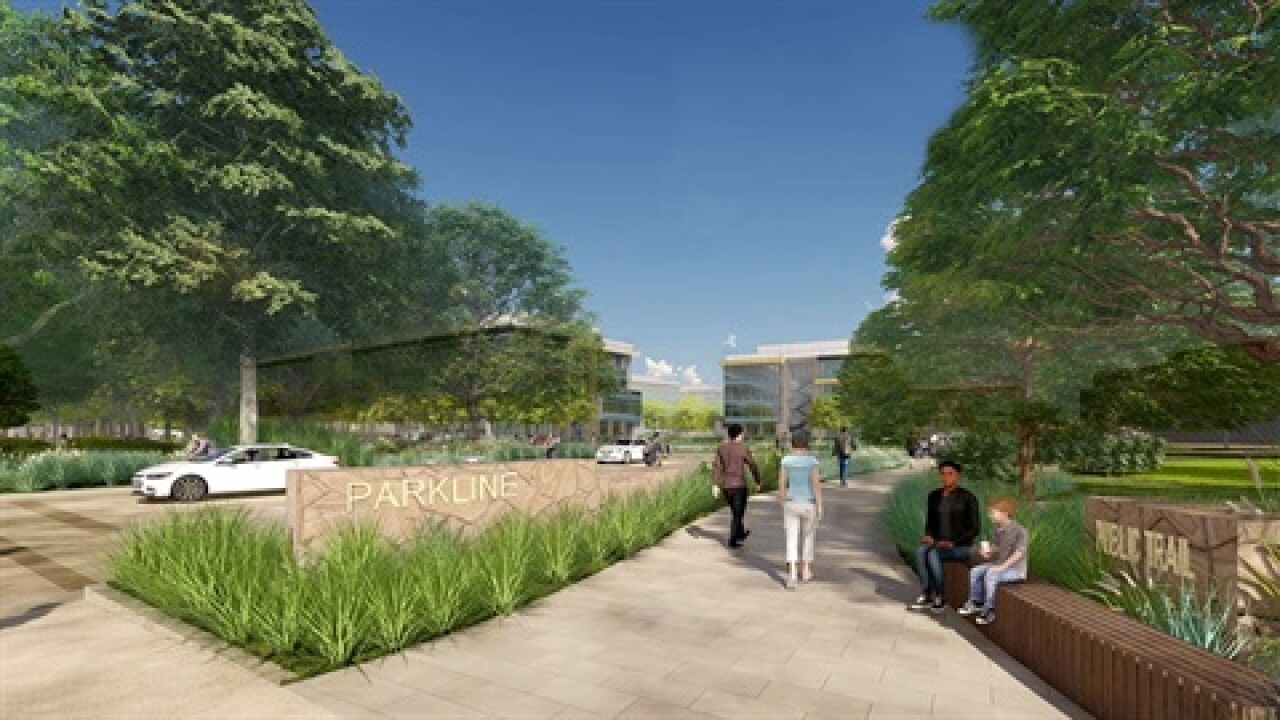Federal highway officials Wednesday defended the seemingly slow rollout of a
Ohio last week opened what is so far the nation's first — and only — electric vehicle charging station funded through the 2021 Infrastructure Investment and Jobs Act.
New York is expected to open another later this week, said Shailen Bhatt, administrator of the Federal Highway Administration, under questioning from House lawmakers from both sides of the aisle who raised the issue during a Highways and Transit Subcommittee hearing Wednesday.
"The buildout has been frankly pretty slow," said Rep. Rick Larsen, D-Wash. "We didn't expect this on day one, but why on day 731?"
"We took two years to stand the program up" Bhatt said, "and we've been working with states and the Department of Energy" and other agencies "so we could do this right the first time."

The National Electric Vehicle Infrastructure program to create a 75,000-mile, coast-to-coast national electric vehicle charging network is one of the IIJA's most closely-watched programs and is considered key to the administration's effort to get more Americans to buy electric vehicles.
The funding features $5 billion in formula grants for states and $2.5 billion in competitive grants for EVC infrastructure.
"Is it acceptable to you that in two years and $7.5 billion that we only have one charger online?" Rep. Rudy Yakym, R-Ind., asked Bhatt.
"We obviously would have preferred that to move more quickly," Bhatt responded. But "it took us about 35 years to build the interstate system. So two years in, I think we're really ready to move forward quickly."
Yakym said the program appears to be stymied by "all sorts of red tape." When pressed to say how many chargers would be installed by the end of next year, Bhatt said he expects "all of the states coming online in the coming months."
The White House wants 500,000 EV chargers installed by 2030. There are currently just under 50,000 public charging stations in the U.S., though most of those are not fast-charging stations, and only the one in Ohio is federally-funded under the new program, according to the U.S. Department of Energy. President Joe Biden's goal is to have electric vehicles account for 50% of all vehicle sales by 2030.
Separately, Republican lawmakers pressed Bhatt on the FHWA's legal authority for a
"This [provision] was specifically addressed in the IIJA negotiations and it was specifically rejected," said Rep. Rick Crawford, R-Ark. "This looks to me like a deliberate intent to skirt the intent of IIJA."
Bhatt said the authority stems from a previous surface authorization law. Republicans have threatened to introduce a Congressional Review Act Joint Resolution of Disapproval to try to overturn the rule.
As has
"This is widely known as one of the biggest boondoggles," said Rep. John Duarte, R-Calif. "What motivates you to continue to fund this?" he asked Carlos Monje, the Transportation Department's undersecretary for policy.
"They're making good progress," Monje said. "It is part of the future of our transportation system."





